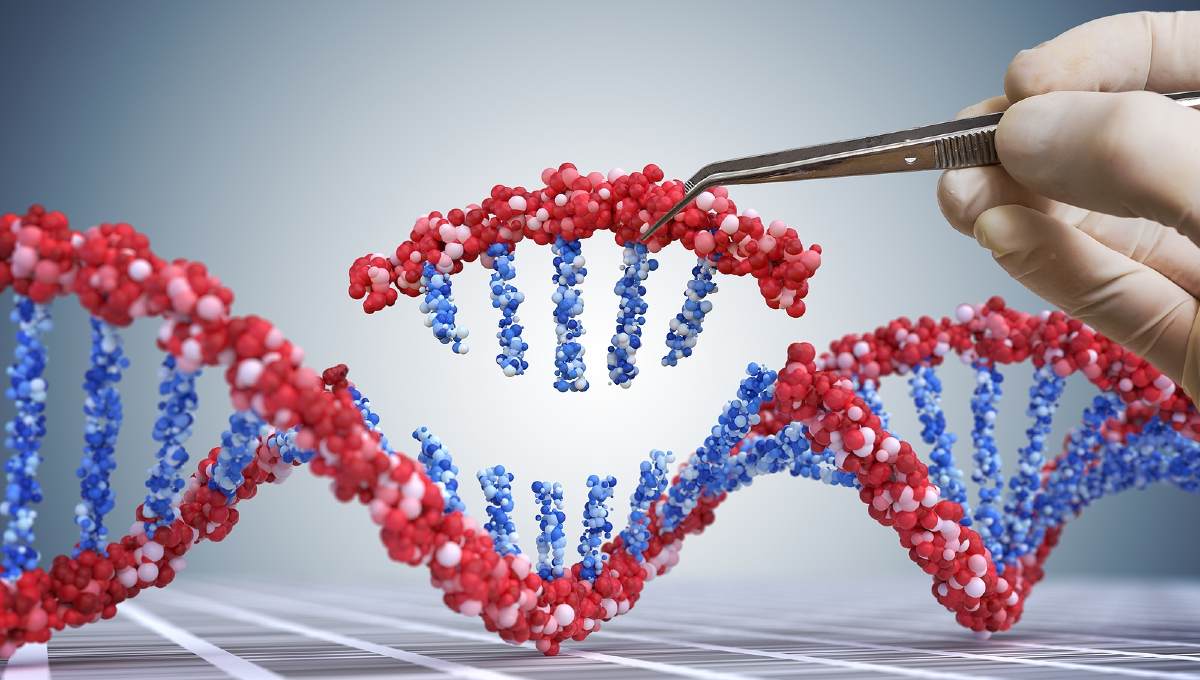
Will human germline editing promote equality?
No, says Scottish bioethicist
The topic of heritable genome editing is still very much alive, as Australia’s move towards legalising replacement mitochondrial therapy shows. An article in The New Bioethics argues that it is not only forbidden by a variety of international agreements, but it is always going to be “incompatible with the concept of equality in value and in worth of all human beings in a genuinely inclusive society”.
The classic expression of the opposite point of view comes from Australian bioethicist Julian Savulescu. He once wrote: “To say that X is bad, or not desired by me, is not say that John or Julie with X has few rights. Selecting embryos for certain characteristics or treating diseases are both entirely independent of the equality of persons.”
This is mistaken, contends Calum MacKellar, of the Scottish Council on Human Bioethics. Drawing on several strands of analysis, he points out that “a clear inconsistency exists in ensuring that certain individuals are not brought into existence while encouraging the unconditional acceptance of all individuals, irrespective of their genetic characteristics”.
He concludes, that in the absence of extenuating circumstances:
(1) Choosing between possible future persons is an outward expression (revelation) of a discriminatory value system of a person or a whole society already in the real existing world. Such as system accepts an inequality in the inherent value and worth of existing persons with, for example, a disability and
(2) Such a choice may give a real negative message to persons with a condition, such as a disability, who already exist, that they should not have existed.
In short, human germline editing is incompatible with an equal, inclusive society. Instead of seeking to destroy children who may have disabilities, it should try to provide a supportive environment in which they can flourish despite their disability. His argument comes into focus when he applies it sex-selection. A society which permits sex-selection against girl babies is hardly going to be a society which promotes equality between the sexes. Similarly, a society which allows germline editing to eliminate certain types of people is not a society which would take equality seriously.
It is an interesting perspective on an increasingly heated topic.
Michael Cook is editor of BioEdge
Creative commons
https://www.bioedge.org/images/2008images/Genetic-Engineering-Gmo-And-G.jpg
equality
human genome editing
